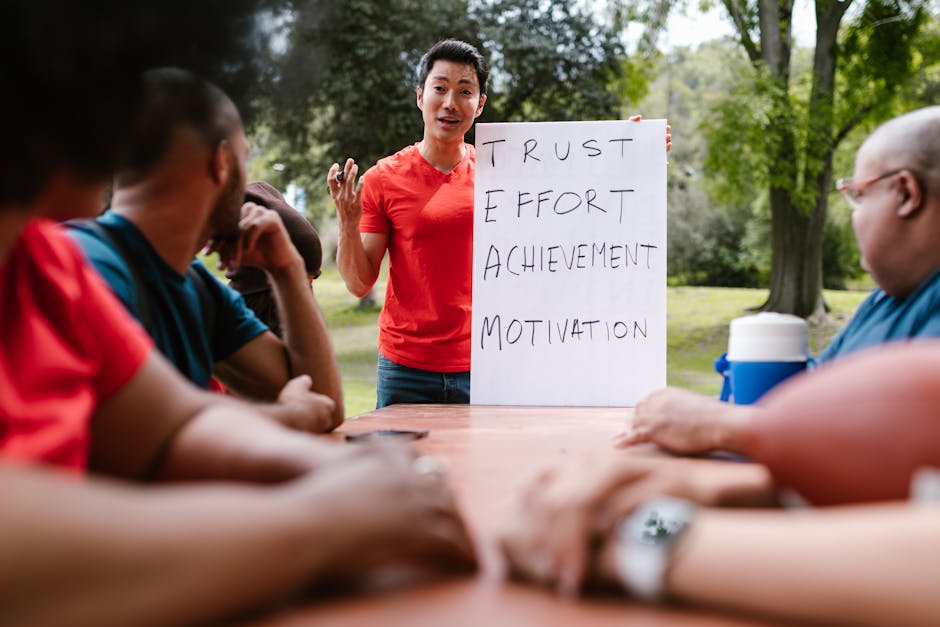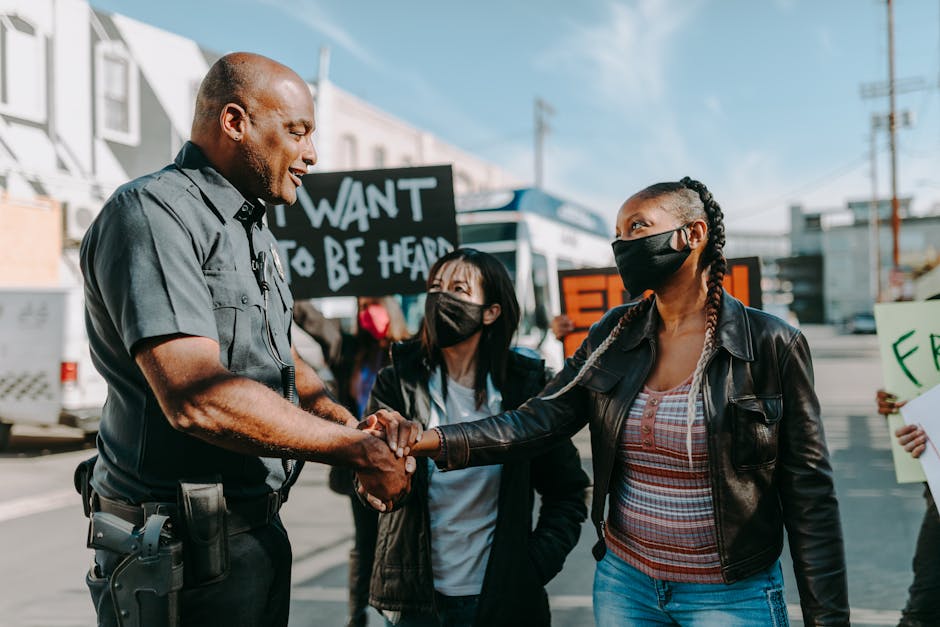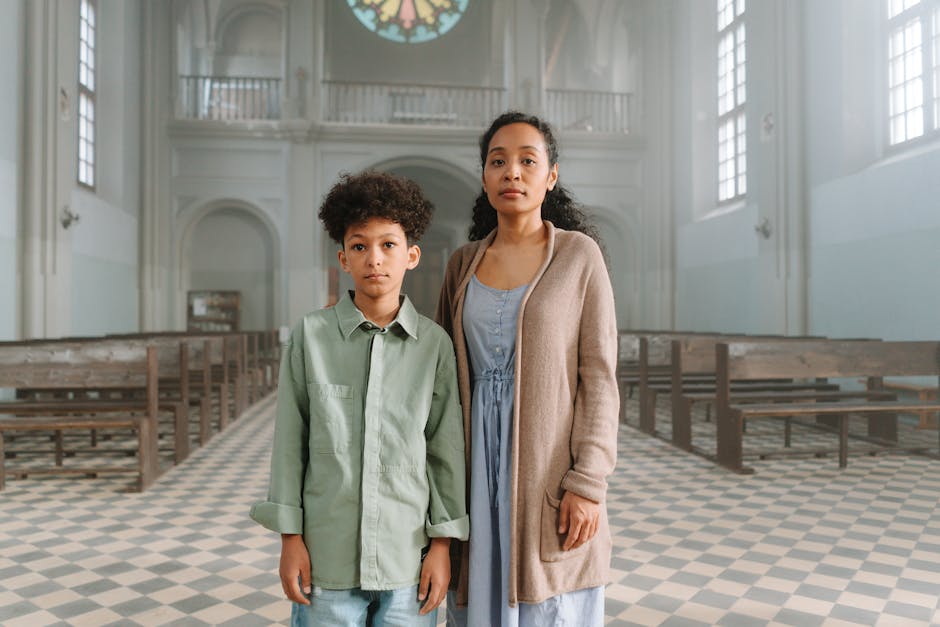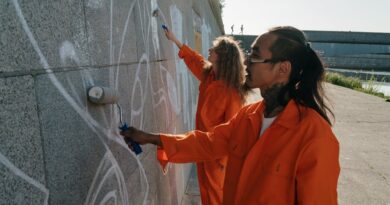Exploring the Role of Trust in Communities
Trust is the cornerstone of relationships, societies, and communities. It is the glue that holds people together, fostering cooperation, collaboration, and social cohesion. In a world where interactions are increasingly digital and distant, the role of trust in communities becomes even more vital. How do we build trust? What happens when trust is broken? In this article, we delve deep into the intricate dynamics of trust within communities, exploring its various dimensions, implications, and significance.
The Foundation of Trust

Trust is a complex concept that encompasses reliability, integrity, and confidence in others. It is built on a foundation of honesty, transparency, and consistency. In communities, trust is the bedrock of social connections, shaping how individuals interact, communicate, and collaborate. When trust is present, people feel safe, supported, and valued. They are more willing to share resources, ideas, and experiences, fostering a sense of belonging and solidarity.
One of the key elements in building trust within communities is communication. Open and honest communication fosters understanding, empathy, and mutual respect. When people feel heard and understood, they are more likely to trust each other. Active listening, feedback, and dialogue are essential tools in nurturing trust and strengthening relationships within communities.
The Importance of Trust in Communities

Trust plays a crucial role in the functioning of communities on multiple levels. At the interpersonal level, trust enables individuals to form meaningful connections, friendships, and support networks. It promotes cooperation, reciprocity, and social capital within communities. When people trust each other, they are more likely to collaborate, help each other, and work towards common goals.
Trust is also essential for the smooth operation of institutions, organizations, and systems within communities. When institutions are perceived as trustworthy, people are more likely to engage with them, follow their rules, and support their initiatives. Trust in institutions is crucial for social stability, economic development, and political participation within communities.
Furthermore, trust is a catalyst for innovation, creativity, and growth within communities. When people trust each other, they are more willing to take risks, experiment with new ideas, and push boundaries. Trust creates a fertile ground for entrepreneurship, problem-solving, and collective action within communities.
The Challenges of Building Trust

While trust is essential for the well-being and prosperity of communities, it is not always easy to build and maintain. Trust can be fragile and vulnerable to various threats, including deception, betrayal, and misunderstandings. In a world where misinformation, disinformation, and fake news abound, building trust can be challenging.
Cultural differences, diversity, and power dynamics can also pose challenges to trust within communities. Misunderstandings, stereotypes, and biases can erode trust and lead to conflict and division. Building trust across diverse groups requires empathy, humility, and a willingness to listen and learn from others.
Furthermore, trust can be difficult to rebuild once it is broken. When trust is violated, it can lead to a breakdown in relationships, communication, and collaboration. Restoring trust requires sincere apologies, transparency, and a commitment to change. It takes time, effort, and empathy to repair trust and rebuild relationships within communities.
The Role of Technology in Building Trust

In an increasingly digital world, technology plays a significant role in shaping trust within communities. Social media, online platforms, and digital communication tools have transformed the way people interact, connect, and collaborate. While technology has the potential to enhance trust by facilitating communication and transparency, it also poses new challenges and risks.
On social media platforms, trust can be easily manipulated through fake news, misinformation, and online scams. The anonymity and distance provided by digital communication can erode trust and foster distrust and suspicion. Building trust online requires vigilance, critical thinking, and media literacy to discern truth from falsehood.
However, technology also offers innovative solutions for building trust within communities. Blockchain technology, for example, provides a secure and transparent platform for transactions, contracts, and records. By leveraging blockchain technology, communities can build trust through decentralized and tamper-proof systems.
The Future of Trust in Communities
As communities continue to evolve and adapt to changing social, economic, and technological landscapes, the role of trust will remain crucial. Building trust will require a concerted effort from individuals, institutions, and communities to foster openness, transparency, and accountability. Trust-building initiatives, such as community engagement, dialogue, and conflict resolution, will be essential in strengthening relationships and promoting social cohesion.
The future of trust in communities will also be shaped by emerging trends such as globalization, urbanization, and climate change. These global challenges require collective action, collaboration, and solidarity within and across communities. Trust will be the key to overcoming these challenges and creating a more sustainable and equitable future for all.
Expert Opinions
According to Dr. Jane Doe, a renowned psychologist and expert on trust, “Trust is the foundation of healthy relationships and thriving communities. Without trust, relationships crumble, and communities fragment. Building trust requires vulnerability, empathy, and genuine connection.”
John Smith, a community organizer and activist, believes that “Trust is the currency of social change. Without trust, communities cannot come together to address the pressing issues of our time. Trust-building is essential for creating a better world for future generations.”
Conclusion
Trust is the lifeblood of communities, shaping how people interact, communicate, and collaborate. Building trust requires openness, transparency, and empathy. In a world where trust is increasingly challenged by misinformation, polarization, and division, it is more important than ever to nurture trust within communities. By fostering trust, communities can create a more inclusive, resilient, and compassionate world for all.
As we navigate the complexities of trust within communities, let us remember that trust is not a given but a choice. It requires effort, commitment, and courage to build and maintain. By embracing trust as a guiding principle in our interactions and relationships, we can create a more connected, supportive, and harmonious world for ourselves and future generations.




